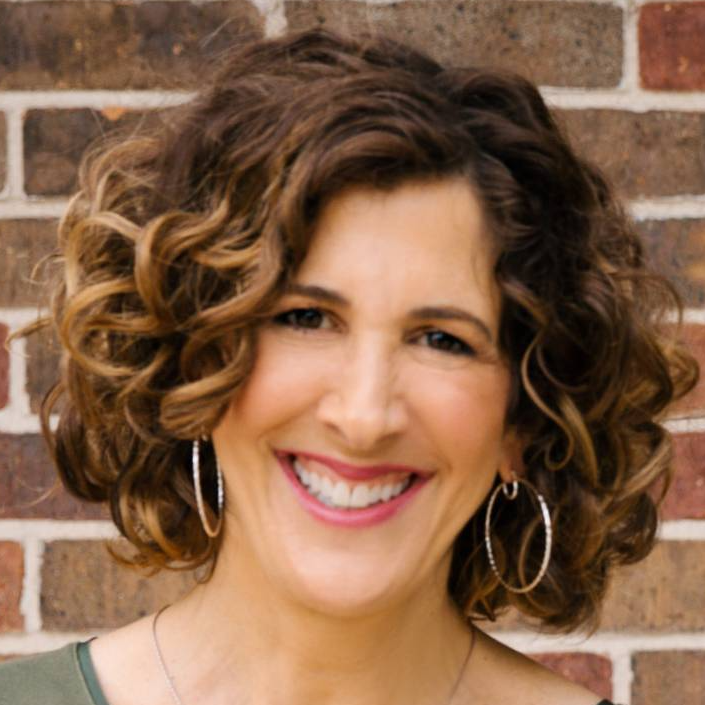
Today’s post is by editor Tiffany Yates Martin (@FoxPrintEd).
Working with a professional editor can be an excellent investment in your manuscript, your writing career, and your craft knowledge as a writer.
But doing so before you’re ready can keep you from getting the most out of what can often be an expensive proposition. A good, thorough developmental edit on a full-length manuscript often costs thousands of dollars.
How can you determine when and if you need the help of an experienced editor?
When not to hire an editor
This time of year, fresh off of NaNo when many authors have just exuberantly typed “The End” after completing their manuscript, editors like me often get a wave of emails from writers eager to hire a pro to help them hone and polish their story.
But fresh off a first draft isn’t the most effective time to work with an editor.
If the story is still in rough-draft shape, then much of their time and effort will focus on the big, obvious issues—issues that you may have been able to effectively address on your own through revision, and perhaps with the help of critique partners or beta readers.
It’s like seeking out a symphony conductor while you’re still learning a new piece of music. You’ll get much more out of an expert’s knowledge and guidance if you lay the proper groundwork and push yourself to the limits of your capabilities on your own before paying for someone to help you elevate it to the next level.
Once you’ve taken it as far as you can, ideally a good developmental editor will hold a mirror up to what’s actually on the page and how well it reflects your vision, and they can help you mine even more gold from it—deepening, developing, tightening, and helping you buff it to its brightest shine.
A professional editor doesn’t replace an author’s own editing and revision. Until you have a completed draft that’s as good as you’re able to make it (which may in fact wind up being your second or third or tenth draft), paying for a developmental edit may not be the best use of your money, time, or energy.
How to know when (or whether) you should hire an editor
I’m going to debunk a myth that grows more widespread as more and more people hang out their shingles as editors: Not every author needs to hire a professional editor for every manuscript.
Editing and revising (meaning assessing what you have on the page and knowing how to address any areas that could be stronger) are not functions to be automatically outsourced, separate from the craft of writing. They are an intrinsic part of it—in fact a major part. Writing truly is rewriting; the books you love and admire have almost certainly been extensively developed and polished by their authors. These are skills foundational to being a writer.
But as authors we’re constantly filling in the blanks of the rich vision in our heads, rather than seeing what’s actually on the page. It’s often hard get the objective 30,000-foot view that tells you how effectively you’ve conveyed your intentions to a reader.
This is one of the great values editors offer, as well as fresh perspective on ways you might strengthen your story based on their craft knowledge and experience.
To determine whether you would benefit from such a major investment, and the best time to consider it, ask yourself a few key questions:
- Have you revised your story to the best of your abilities, but know it’s still not quite “there” yet? Authors often know when their manuscript isn’t working as well as they’d hoped, or perhaps you’ve had feedback from critique partners or beta readers about certain areas of the story that aren’t as effective as they could be. (I offer an extensive self-editing checklist that can help you evaluate your manuscript’s effectiveness.) If you’ve done all you can and still feel like your manuscript isn’t yet “ready,” then bringing in an objective expert can help you make it strong, cohesive, and impactful enough to attract an agent/editor and satisfy readers.
- Have you pinpointed what may not be working as well as it could, but aren’t sure how to address it in revisions? Editors not only identify areas of your story that could be strengthened or clarified, but often can help illuminate ways to do so—not by telling you how to write your story or taking over your vision, but by working with you to understand your intentions, and then offering specific tools, tactics, and suggestions for achieving them on the page.
- Have you submitted to agents or publishers but not received any offers? If you’ve submitted a good number of queries and still receive only form rejections, your story may need more development. If you’re getting requests for partials and fulls but no offers, then your story may need further work in certain areas: for instance, higher stakes, stronger momentum, more developed character arcs, etc. In either case, a professional may be able to help you figure out what’s keeping you from the finish line and how to get it there.
- Are you working with a small press or self-publishing? Some smaller houses offer a good amount of editorial input; some don’t. No matter how your book is published, it will be competing with titles from publishers that have likely had intensive editorial feedback and revision—and will be highly polished. Hiring a professional editor can help make sure your book is on a par with its competition and reader expectations.
A developmental editor is a tool like any other writer tool in your toolbox. Knowing whether and when you need to use it will help make sure you get the most use out of it and the most bang for your buck.

Tiffany Yates Martin has spent nearly thirty years as an editor in the publishing industry, working with major publishers and New York Times, Washington Post, Wall Street Journal, and USA Today bestselling and award-winning authors as well as indie and newer writers. She is the founder of FoxPrint Editorial and author of the bestseller Intuitive Editing: A Creative and Practical Guide to Revising Your Writing. She is a regular contributor to writers’ outlets like Writer’s Digest, Jane Friedman, and Writer Unboxed, and a frequent presenter and keynote speaker for writers’ organizations around the country. Under her pen name, Phoebe Fox, she is the author of six novels. Visit her at www.foxprinteditorial.com.

Great piece, Tiffany—no surprise, since you embody what you teach about making every word count. I’m especially struck by your point about timing. “Too soon” can be a waste of energy (and money). Paying a professional editor isn’t a shortcut to the long, hard work of revising and refining one’s own writing. “Too late” can also be an issue if one is looking for someone to help polish and tweak, and the editor responds with suggestions for massive, fundamental story and character overhaul—what to do, then? I suppose “best timing” is different for different authors, and with different books. Like everything, it’s complicated and it depends. To me, your sane, practical approach is just right! (P.S. My own use of an editor/mentor has changed over the years. What helps me the most, now, is to work with her on problematic scenes or points in the story that I know aren’t what they need to be, rather than on the whole. But that’s possible because of the relationship we’ve developed, over several book, so I think that can be another key.) Anyway, great piece!
Thanks, Barbara–for the kind words and such a considered comment. It’s so great when you find an editor who’s a good fit for you and your writing and can develop a working relationship with them that helps you get what you need for each manuscript.